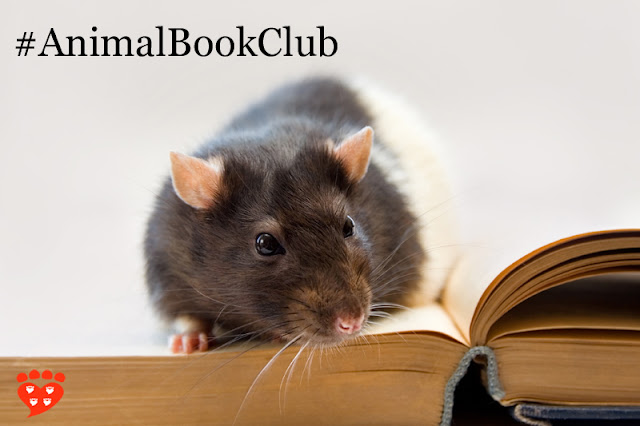Fellow Creatures: Two new posts

Two new posts on dog training and pet behavior problems over at my Psychology Today blog Fellow Creatures . By Zazie Todd, PhD The first, Does owner personality affect dog training methods? , looks at intriguing findings from a recent study of personality, punishment in dog training, and dog behavior. Photo: Wyatt Ryan/Unsplash Meanwhile, Pet behaviour problems: In the eye of the beholder? looks at the factors that influence whether we consider a pet's behaviour issue to be a problem. Photo: Shannon Richards/Unsplash Have a great weekend. And Happy Canada Day!





